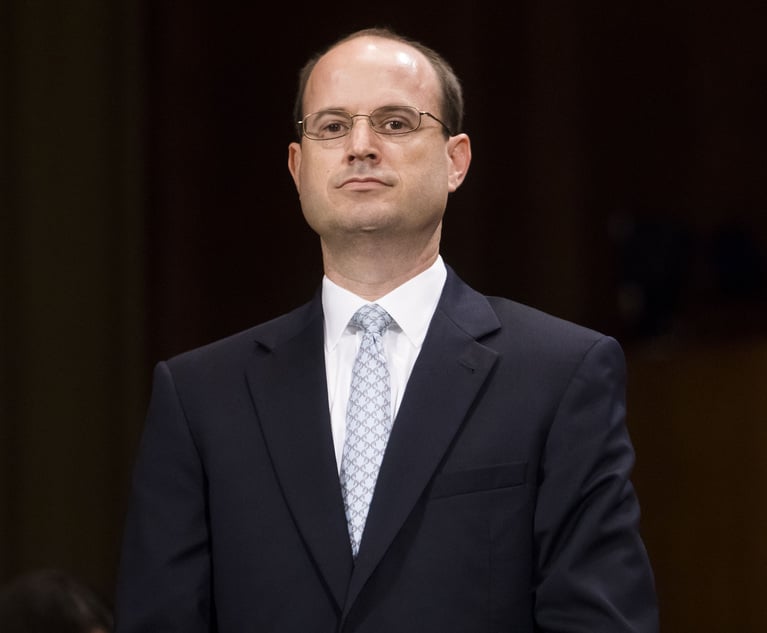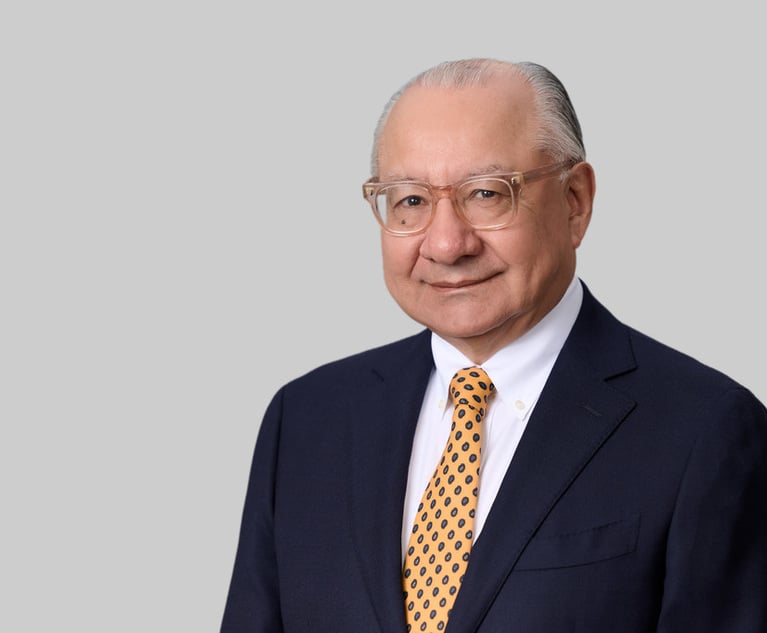The cannabis industry is budding as some sales projections are expected to exceed $1.7 billion by 2022. Licenses to sell medical marijuana in Florida repeatedly fetch a price tag of over $40 million. The catch: Florida tightly regulates the amount of licenses it issues for the sale of medical marijuana. Therefore, companies that desire to enter the market resort to purchasing the license from an existing license holder. However, that may soon change.
On Oct. 16, the Florida Supreme Court accepted review of a case that involves a key component of Florida’s regulatory structure for medical marijuana licenses. Gov. Ron DeSantis’ office asked the Supreme Court to take up the case, which would address the frameworks of Florida’s vertical integration requirement for cannabis companies.


 Nicolas Bixler Associate Hinshaw & Culbertson, Fort Lauderdale
Nicolas Bixler Associate Hinshaw & Culbertson, Fort Lauderdale




